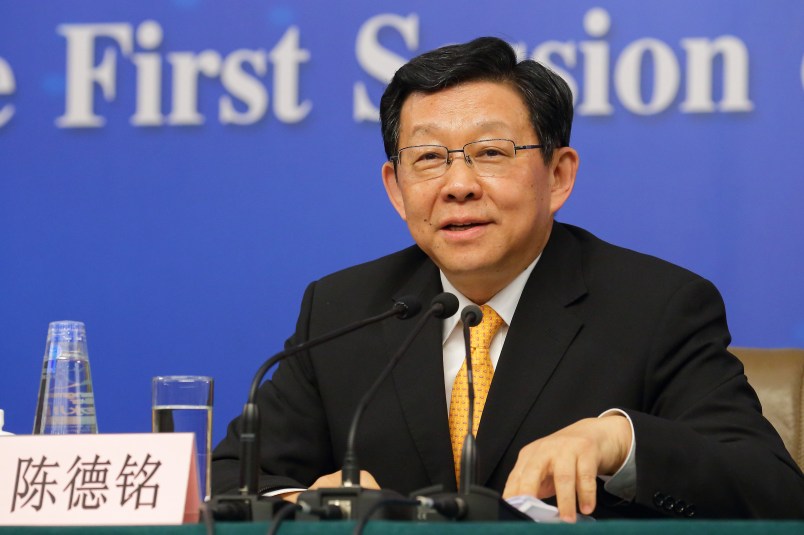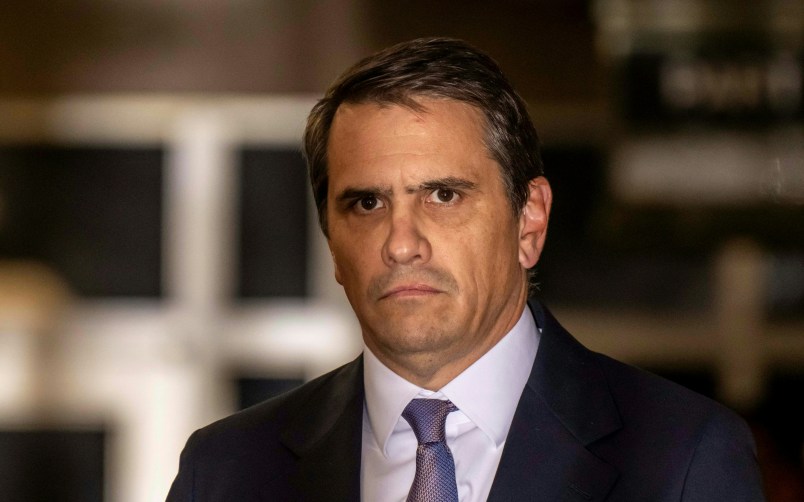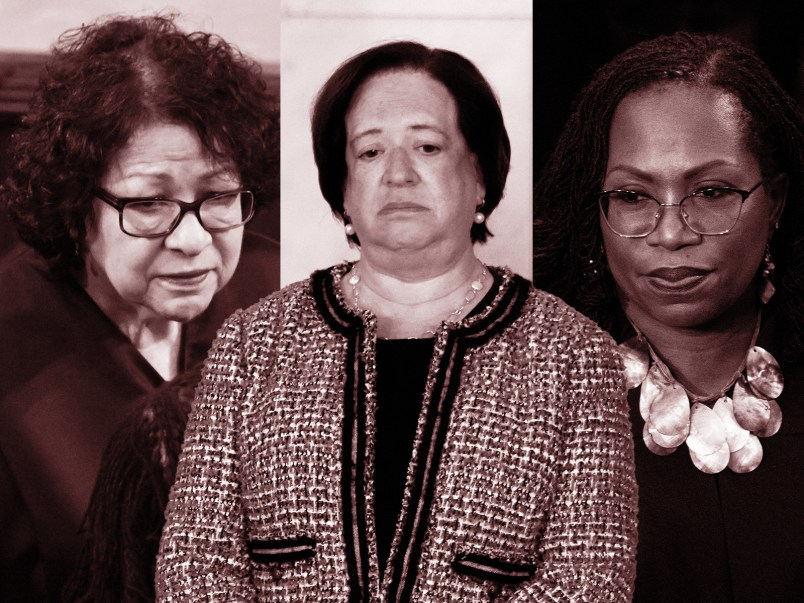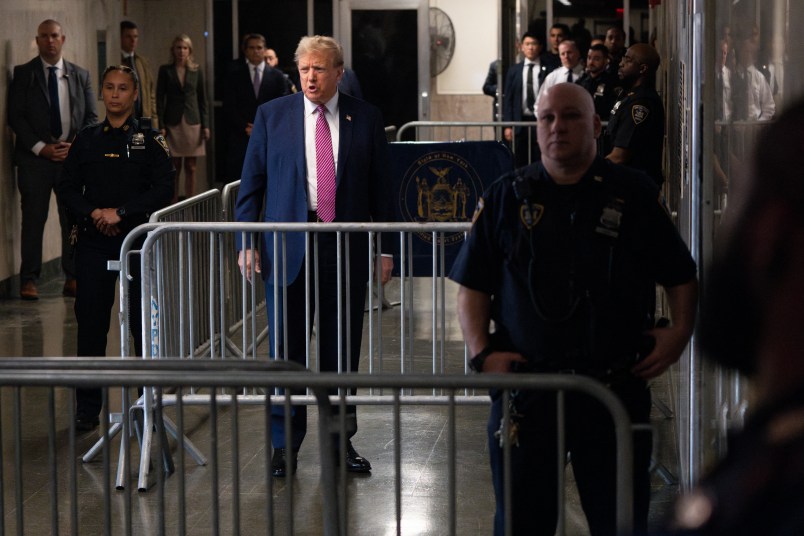NANJING, China (AP) — Taiwan and China are holding their highest-level talks since splitting amid a civil war 65 years ago, hoping to further boost contacts and ease lingering tensions, even as political developments on the self-governing island swing away from Beijing’s goal of eventual unification.
Tuesday’s discussions in the eastern Chinese city of Nanjing constitute the highest-level interaction between government officials of the two sides since the 1949 division — apparently a concession from Beijing which otherwise refuses to formally acknowledge Taiwan’s government.
No official agenda has been released, but Taiwan’s lead negotiator Wang Yu-chi says he hopes to discuss setting up of permanent representative offices on each other’s territory and will push for greater Taiwanese representation in international organizations.
China is adamant that Taiwan is part of its territory and must accept its political authority, threatening to attack the island if it declares formal independence or delays unification indefinitely. It’s backed up that caveat with a military buildup aimed at fending off any intervention by the U.S., which is legally bound to ensure the island’s security.
Despite that threat, the talks are an outgrowth of China’s less-confrontational approach toward Taiwan embraced a decade ago by former president and ruling Communist Party leader Hu Jintao. Previous efforts to intimidate the island democracy — with missile firings and military exercises in 1995-1996 — or to influence its internal politics succeeded only in further alienating the electorate.
Chinese President Xi Jinping appears to have embraced Hu’s approach, although there are indications he is eager to see progress on the political front, in addition to grappling with economic and cultural issues already largely dealt with.
“We cannot hand these problems down from generation to generation,” Xi told a top Taiwanese envoy at an international gathering in Indonesia last year.
China may feel some urgency because of local elections in Taiwan this year that could swing momentum away from the Nationalist Party of deeply unpopular pro-China President Ma Ying-jeou ahead of the next presidential election in 2016.
Beijing is also seen as frustrated that generous economic incentives offered to the island have failed to sway the public there in a more pro-unification direction.
Trade between the sides has doubled since 2008 — the year Ma was elected — to $197.2 billion last year. Taiwan also enjoys a $116 billion trade surplus with China, one of the few countries or regions that can boast that. Taiwanese companies have invested hundreds of billions of dollars in the mainland, with companies such as Foxconn employing millions of workers making iPhones, Playstations and other popular goods.
Taiwan has also benefited heavily from an opening to Chinese tourists.
Yet, Taiwanese opposition to unification has only seemed to harden, with about 80 percent supporting the status-quo of de-facto independence and just a sliver backing unification outright.
China now seems to hope that it can draw Taipei further into its orbit by taking on political issues, albeit in a non-threatening way.
One practical step toward that would be the exchange of offices of Taiwan’s Straits Exchange Foundation and China’s Association for Relations Across the Taiwan Strait. These nominally private groups would act like de-facto consulates-general, facilitating communications and offering services to visitors.
Beijing wants Taiwan to ratify a trade services agreement — stuck in Taiwan’s legislature — to open a wide range of businesses across the Taiwan Strait.
The talks will be chaired by official representatives, rather than the quasi-governmental envoys normally involved in the negotiations. That appears to represent a modest Chinese concession on the sensitive sovereignty issue to help shore up Ma’s standing with the Taiwanese public.
Talks will be headed by Wang, head of Taiwan’s Mainland Affairs Council, and his counterpart, Zhang Zhijun, head of the Taiwan Affairs Office.
Rand Corp. China analyst Scott Harold believes China will try to make as much Taiwan headway as it can while Ma remains in office, while also taking steps to improve ties with potential successors.
“I would expect that China will want to make steps toward further locking in Taiwan this year before the island gets swept up in election fever and Ma becomes even more of a lame duck next year,” Harold said.
__
Enav reported from Taipei.









